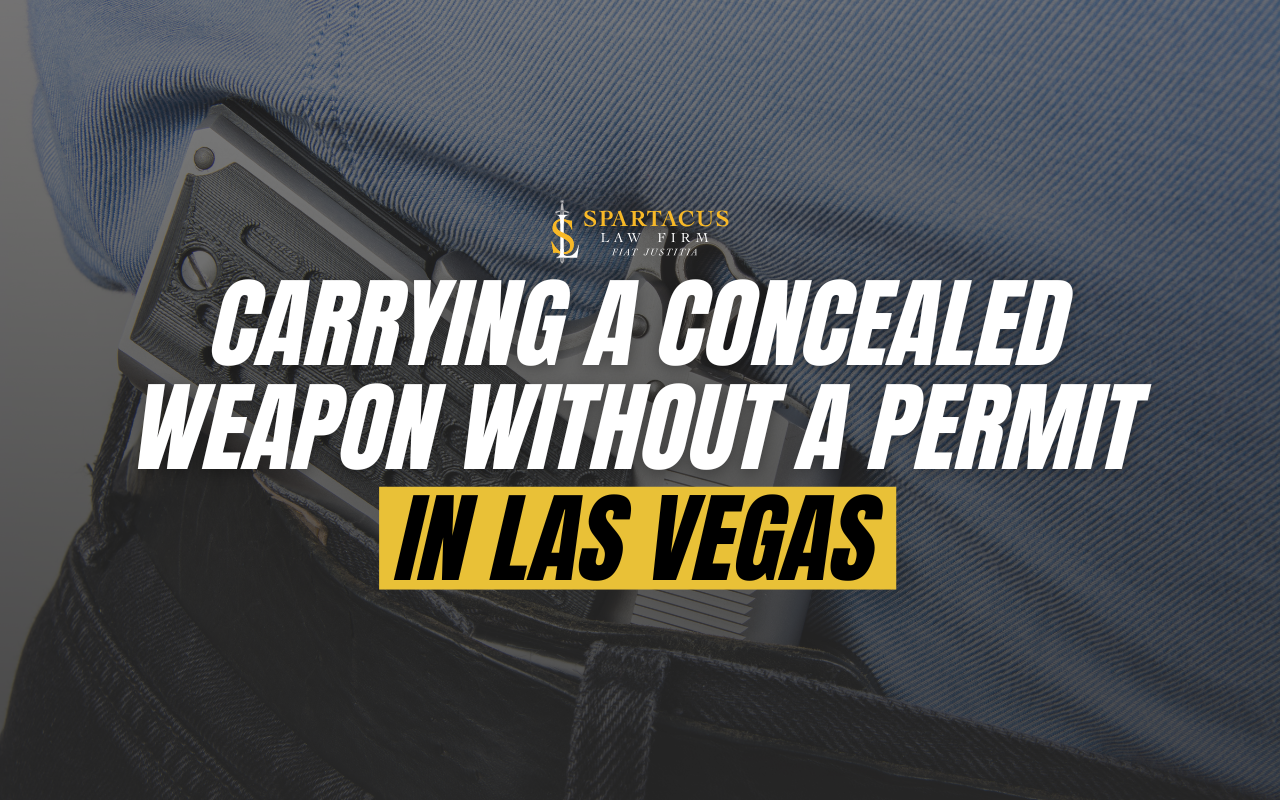Table of Contents
ToggleFugitive From Justice Laws
When someone runs away from their home state to avoid facing felony charges, they may go to Nevada. According to Nevada Revised Statute section 202.005, if someone has fled their home state to avoid felony charges or to avoid giving testimony in a criminal proceeding, they will be considered a “fugitive from justice.”
The state of Nevada has adopted the Uniform Criminal Extradition Act, which can be found in N.R.S. 179.177 through N.R.S. 179.235. This Act outlines when and how Nevada will extradite someone, as well as the steps required for extradition. It also explains the duty of the Nevada governor when a fugitive from justice is present in the state.
If you’re in Nevada and are facing felony charges in your home state, it’s crucial to understand the extradition rules. You can try to fight extradition or take other steps to protect your legal interests. Because Nevada laws apply for determining extradition, it’s important to be represented by an experienced Las Vegas criminal lawyer who knows state law well and can ensure your rights are respected. If you’re considered a fugitive from justice in Nevada, contact the Spartacus Law Firm today for a consultation to learn more about how we can help.
Definition Of Fugitive From Justice Under Federal Law
If you flee to another state or country with the intention of avoiding arrest for a crime you have committed, you may be charged with the Federal Crime of being a fugitive from justice.
- Try to avoid prosecution or prison for a felony or attempted felony charge
- Avoid prosecution or prison for arson or attempted arson
- Avoid giving testimony in any criminal trial to the above and any other crimes
- Escape from prison
A fugitive from justice is someone who leaves their state to avoid facing legal consequences such as imprisonment, being a witness, or undergoing a legal process. If a fugitive is caught, they may face charges for a federal crime of fleeing from justice in either the state where they were caught or the state they fled from. These additional charges will be added to any pending charges or charges related to the legal process they were avoiding.
Extradition
A fugitive is wanted for a crime committed outside of Nevada, the police in Nevada are required to arrest them and send them back to the state where the crime was committed. This is known as extradition.
- Fled from a state in which an original criminal case is pending
- Escaped from prison or jail in another state
- Crossed state lines in violation of bail, parole, or probation
Someone could be a fugitive without knowing if they have traveled or moved to another state, such as Nevada, without being aware of a warrant for their arrest in the state they came from. They may unknowingly live as a fugitive for years until they are pulled over for a traffic violation and the authorities find out about the warrant through a standard check for warrants.
If someone is unintentionally considered a fugitive and gets arrested, they can choose to waive extradition and willingly return to their home state to face the charges. However, if someone believes they are innocent, they can request an extradition hearing to formally deny the accusations made against them.
Nevada Penalties for Fugitives from Justice
Convicted fugitives in Nevada may be fined and imprisoned for up to five years. There are defenses available that often depend on the defendant’s intent.
To clarify, your criminal attorney in Las Vegas may argue that you did not cross state lines with the intent of avoiding punishment for your crime. Alternatively, they may try to demonstrate that you never actually crossed state lines, which means that you cannot be charged with a federal offense. It’s important to note that even if you are not convicted of a federal crime, you may still face consequences for your initial offense in your home state.
Harboring A Fugitive in Nevada
If you seek refuge with a friend or relative in Las Vegas while on the run, be aware that you could be placing them in a dangerous situation. Anyone who knowingly shelters someone running from the law could face federal charges. This can even include hotel staff. The severity of the punishment for harboring a fugitive depends on the reason why the person is running.
- If the fugitive originally committed a felony, the penalty for concealment will consist of a fine along with as many as five years in prison
- If the fugitive committed a non-felony, the penalty will amount to a fine and up to one year in prison
- If the fugitive escaped from prison, the penalty will consist of as many as three years in prison
The consequences will vary depending on whether or not the person you’ve been living with is aware that you are a fugitive. If they are unaware, they should not face any criminal charges. However, if you have coerced someone into providing you with shelter by threatening them or their loved ones with harm, then it is uncertain whether or not they will face criminal charges.
If someone takes you in against their will, they may still face legal consequences. However, the severity of the penalties will depend on the nature of the threats made. It’s possible that the charges could even be dropped by the attorney general.
Reverse Extradition
If you commit a crime in Nevada and then flee to another state, you will still be considered as a fugitive. In this situation, be extradited back to Nevada by the authorities. It is advisable to hire lawyers in both states to safeguard your interests and rights if you find yourself in this situation.
If you are facing federal charges for either being a fugitive or concealing one in Nevada, contact our Las Vegas criminal defense lawyer immediately. We will work tirelessly to help you prevent extradition and potentially get the charges against you dismissed. Call the Spartacus Law Firm now to schedule a consultation and to learn more about our services.

Frequently Asked Questions
What Is The Duty Of The Governor When Someone Is A Fugitive From Justice?
N.R.S. 179.181 states that if a fugitive from justice is present in Nevada, the governor must ensure their arrest and transfer to the proper authorities in the state where the fugitive is facing serious charges such as felony charges or prosecution for treason.
N.R.S. 179.181 grants authority to the governor, it is not unrestricted and does not impose an absolute obligation. The statute specifies that the obligation and powers of the governor to apprehend a fugitive from justice are outlined in the Uniform Criminal Extradition Act found in N.R.S. 179.177 through N.R.S. 179.235.
This Act allows the governor to order an investigation by the Nevada Attorney General or other state prosecutors when an extradition demand is made. Written demands must be submitted to the governor if someone in Nevada is being sought for extradition by another state.
What Happens When I Am Arrested As A Fugitive In Nevada?
If you are a fugitive and get arrested in Nevada, your home state will send legal documents such as an affidavit, judgment, or indictment charging you with a crime. The governor of Nevada may issue a Governor’s warrant for your arrest, and you’ll have the option to request an extradition hearing to contest being sent back to your home state. Alternatively, you may choose to waive extradition and willingly return.
What Is The Uniform Criminal Extradition Act (UCEA)?
The UCEA establishes guidelines for how extradition takes place between different states within the United States. It covers various aspects of the process, including how to manage and transfer fugitives, as well as issues like bail and extradition hearings. Although each state has its own version of the UCEA, they generally have similar provisions.






